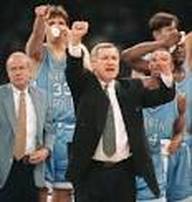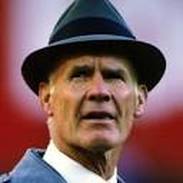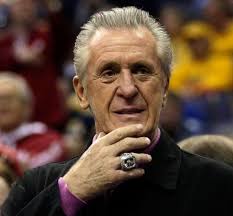As a coach, his approach was effective and direct: Play Hard; Play Smart; Play Together. In his book The Carolina Way he expands on the approach:
"While we didn’t have a system at North Carolina, we certainly had a philosophy. It pretty much stayed the same from my first year as head coach. It was our mission statement, our strategic plan, our entire approach in a nutshell: Play hard, play smart, play together.
Hard meant with effort, determination and courage; smart meant with good execution and poise, treating each possession as if it were the only one in the game; together meant playing unselfishly, trusting your teammates and doing everything possible not to let them down.
That was our philosophy: We believed that if we kept our focus on those tenets, success would follow. Our North Carolina players seldom heard me or my assistants talk about winning. Winning would be the by-product of the process. There could be no shortcuts.
Making winning the ultimate goal usually isn’t good teaching. Tom Osborne, the great former football coach of the University of Nebraska, said that making winning the goal can actually get in the way of winning. I agree. So many things happened in games that were beyond our control—the talent and experience of the teams, bad calls by officials, injuries, bad luck.
By sticking to our philosophy, we asked realistic things from our players. A player could play hard. He could play unselfishly and do things to help his teammates succeed. He could play intelligently. Those were all things we could control, and we measured our success by how we did in those areas."
Coach Smith was a great leader on and off the court. Here are his thoughts on leadership from The Carolina Way: The most important thing in good leadership is truly caring. The best leaders in any profession care about the people they lead, and the people who are being led know when the caring is genuine and when it's faked or not there at all.



 RSS Feed
RSS Feed